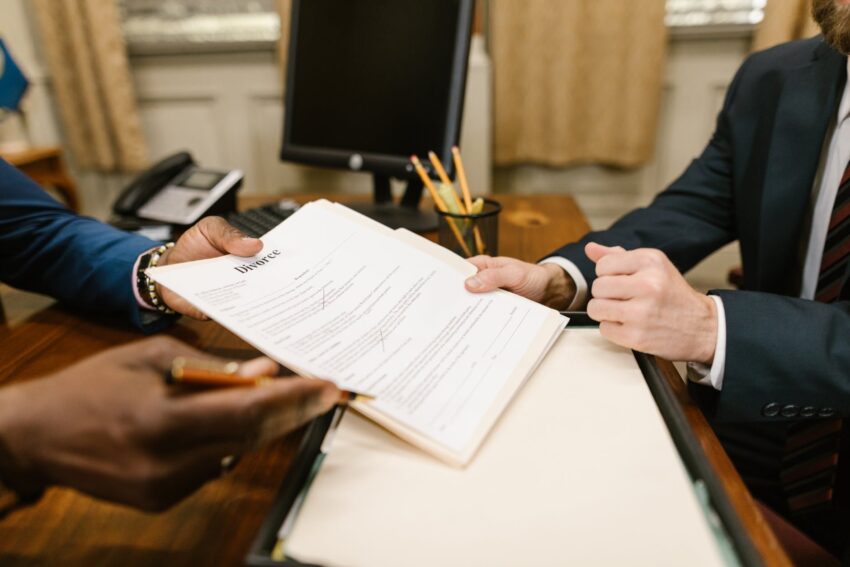2021 P Cr. LJ 537
(a) Qanun-e-Shahadat (10 of 1984)——-Art. 133(3)—Re-examination of witness—Scope –Petitioner assailed order passed by Trial Court whereby his application for re-examination of medical officer was dismissed—Medical officer had suggested in his examination-in-chief that the duration of all the injuries at the time of death of deceased was six hours but during cross-examination he deposed that the duration of perianal injuries might be three to four hours—Time difference raised many a questions which needed an answer—Petitioner’s case would be prejudiced if medical officer was not re-examined and his explanation on the issue was not sought—Petition was allowed, in circumstances.
(b) Criminal Procedure Code (V of 1898)——-Ss. 265-A & 493— Punjab Criminal Prosecution Service (Constitution, Functions and Powers) Act (III of 2006), S. 9—Trial before Court of Session to be conducted by Public Prosecutor—Public Prosecutor may plead in all Courts in cases under his charge—Conduct of Prosecution—Scope– Petitioner assailed order passed by Trial Court whereby his application under Art. 133(3) of Qanun-c-Shahadat, 1984 was dismissed—Contention of respondents was that the public prosecutor was in-charge of the prosecution’s case, as such, the petitioner had no locus standi to file such application—Validity—Section 265-A, Cr.P.C., ordained that the public prosecutor would conduct every trial before a court of Sessions initiated upon a police report—Section 9 of Punjab Criminal Prosecution Services (Constitution, Functions and Powers) Act, 2006, stipulated that the prosecutors appointed thereunder would be responsible for the conduct of prosecution on behalf of the Government—Words “police report” and “Government” were significant as they made a trenchant distinction between State cases and those initiated on private complaints— Public prosecutor was in-charge of only the first category—Respondents contended that the above interpretation was consistent with S. 493, Cr.P.C., which made the Public Prosecutor in-charge of all cases and declared that privately instructed counsel would be subordinate to him—Words ‘any case of which he has charge’ clearly showed that S. 493, Cr.P.C., spoke of certain specific cases and not all of them—Case of petitioner was initiated on a private complaint, therefore, contention of respondents was repelled.
(c).Qanun-e-Shahadat (10 of 1984)—
—-Art. 133—Order of examination of witness—Object—Absolute right to re-examine a witness—Scope—Object of examination-in-chief is to elicit from the witness all the facts or such of them as he can testify in order to prove the case of the party calling him—Cross-examination, in contrast, tests his credibility by detecting and exposing discrepancies and educing suppressed facts—Cross-examination need not be confined to the facts to which the witness testified on his examination-in-chief-Right of re-examination arises only after the witness has been cross-examined and as per clause (3) of Art. 133 of Qanun-e-Shahadat, 1984, its purpose is to clear an ambiguity or clarify or explain a matter which has cropped up during cross-examination—Use of word “shall” in Art. 133(3), Qanun-e-Shahadat, 1984 shows that the party who has produced the witness has the absolute right to re-examine him where explanation of an issue is required—Where something new is desired to be introduced, the counsel should seek leave of the court and in such eventuality the adverse party may further cross-examine that matter.


